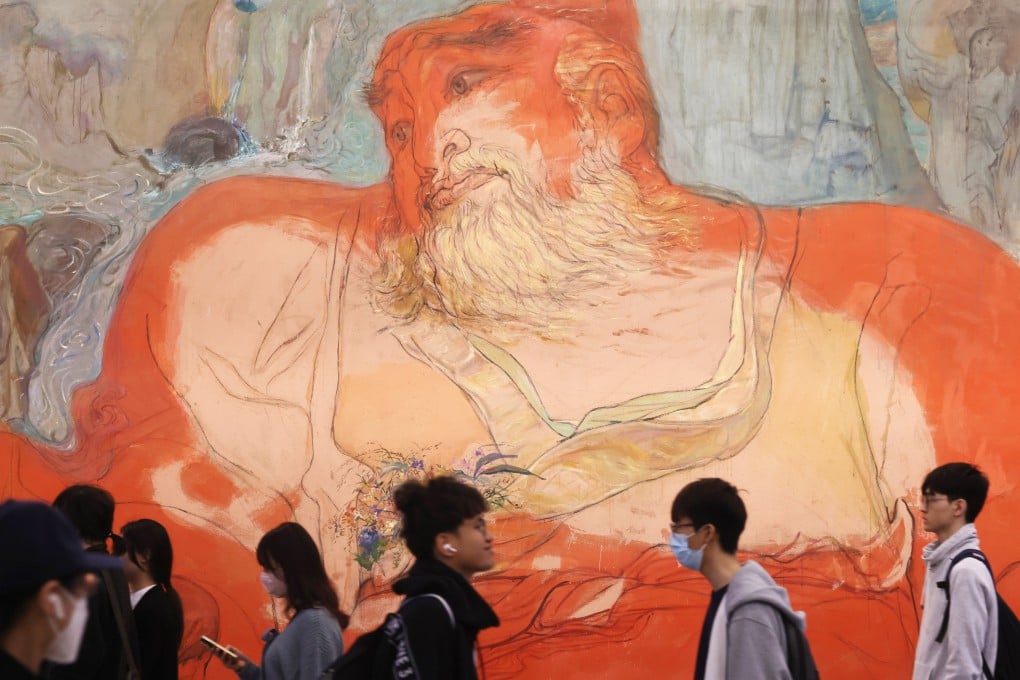Letters | Listen to undergraduates’ mental health concerns
- Readers discuss how to improve university students’ mental health, the Diploma of Secondary Education exam, and traffic penalty notices

As mental health professionals and university educators, we are obliged to equip students with theoretical knowledge and self-reflection skills for their mental well-being and the community’s. In addition, it is our responsibility to amplify their voices as much as we possibly could.
During our common core course in mental health literacy, students have shared their challenges and perspectives on the current state of youth mental health. Many students have identified academic stress as a significant obstacle to their mental health. The pressure to enter a world-leading university and maintain a very high grade point average (GPA) leads many to equate their self-worth with academic success.
Since many no longer stand out as star students amid a sea of talented peers, they often find themselves in a perpetual state of competition and with a compromised sense of self-identity. Specifically, freshmen face the additional challenge of having to adjust to a new environment quickly. These stressors, coupled with the fear of being despised or bullied, prevent them from expressing their concerns.
To tackle these issues, students shared that more academic breaks, a bridging programme that facilitates a smoother transition to university, and perhaps a GPA waiver for the first semester may provide them with a grace period in which to adjust and build the mental capital to face daily challenges.